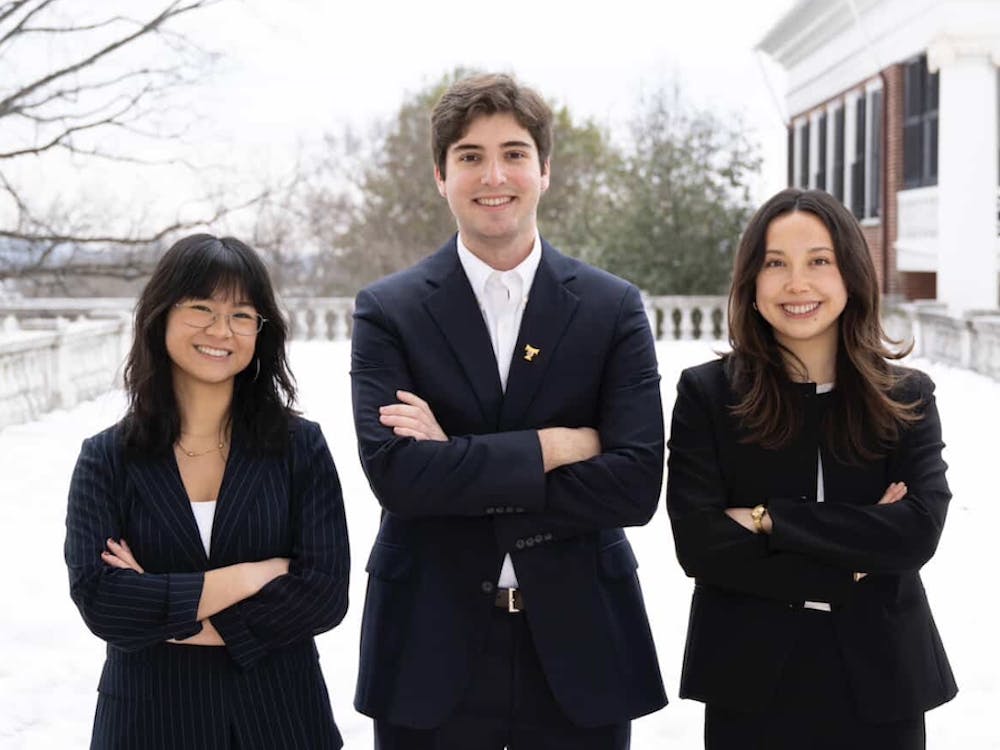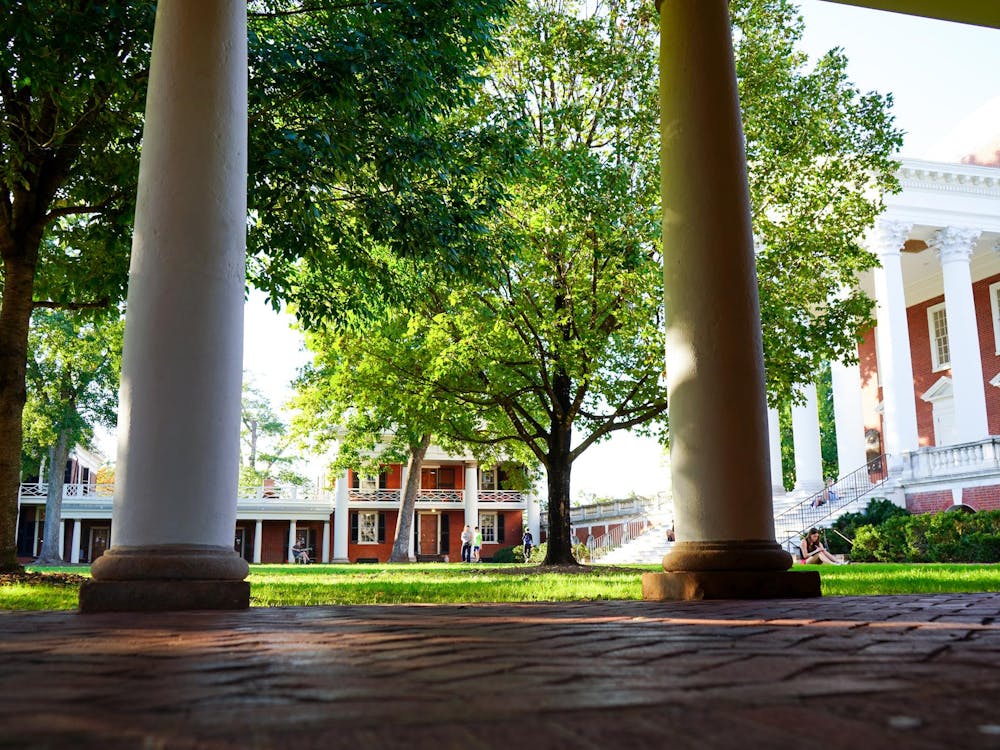The Faculty Senate met yesterday in the chilly Garden Room of the Colonnade Club to discuss the similarly frigid budget situation.
University President John T. Casteen III opened the meeting by warning the Senate about Gov. Mark R. Warner's Dec. 20 state budget submission.
The University can anticipate losing $3.5 million more than was previously projected, Casteen said.
"Budget information updates will be published, and I promise that whatever you read will be wrong the next day," he said. "The revenue issue continues to worsen."
Although the University receives more than $100 million less in state funds than comparable institutions -- such as the University of Michigan -- the University is unable to catch up because of the current economic situation, Casteen said.
To maintain academic integrity, the University needs to focus on faculty retention and on how to make operational cuts, he added.
"Hiring freezes will continue though there may be isolated exceptions," Casteen said.
The freeze will postpone a potential reduction in salaries.
The University administration is, however, starting to explore how they might cut payrolls.
The primary and most immediate way to offset these cuts is an increase in annual tuition of approximately $3,000 per student -- a move proposed by the Board of Visitors. The increase would mainly apply to new students to be fair to current students' families who already have budgeted for their child's education, Casteen said.
Casteen also joked about talk on the state level of a social valuation of majors.
"But if this happened, the Nursing School would charge nothing and the English department would charge $100,000 a year," he said.
Robert O'Connell, Senate academic affairs committee chairman, also made a presentation on graduate funding.
"The University's graduate program has been a problem for some time and is now seriously compromised," O'Connell said.
O'Connell proposed that the Senate approve the release of the Graduate Funding Report, which strongly suggests graduates be made a high funding priority.
Graduate students aid the University with research, faculty development and provide a unique resource for undergraduate students, the report said.
Marcia Childress, Senate research and scholarship chairwoman, added that "investment in graduate education really is an investment in the future of the University."
According to the report, graduate students are vital to the success and restoration of about $220 million in annual external research grants, and play a key role in completing a well-rounded and stimulating University community.
Several faculty members expressed concern over the graduate programs.
"People in my department who came here expecting a research institution now think that it may not be in 10 years," History Prof. Elizabeth Thompson said. "The job market [outside of Virginia] is not as bad as we thought."
College Dean Edward L. Ayers assured the Senate that graduate education should be a high priority.
The Senate unanimously passed the Graduate Funding Report as well as a resolution in support of a tuition hike. A specific dollar amount was not included as part of the resolution.






